Scientists Say
A weekly word defined, in a sentence and in context. Click here to find the alphabetized list.
-
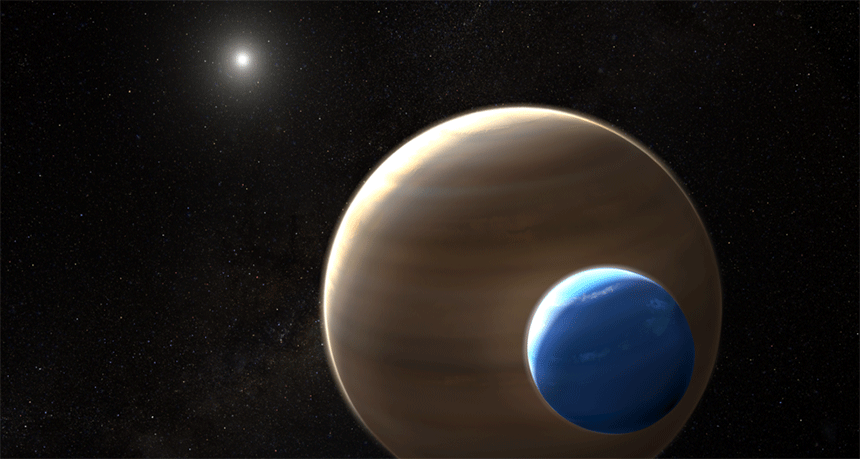 Planets
PlanetsScientists Say: Exomoon
A moon that orbits a planet in our solar system in a moon. But a moon that orbits a planet outside our solar system? That’s an exomoon.
-
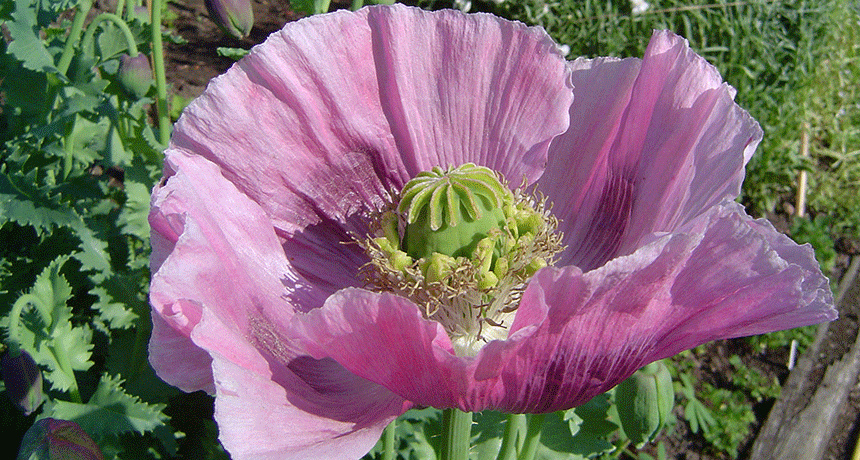 Brain
BrainScientists Say: Opioid
Opioid drugs work in the brain to stop pain. But the drugs also produce pleasure, which can make people want to take them over and over again.
-
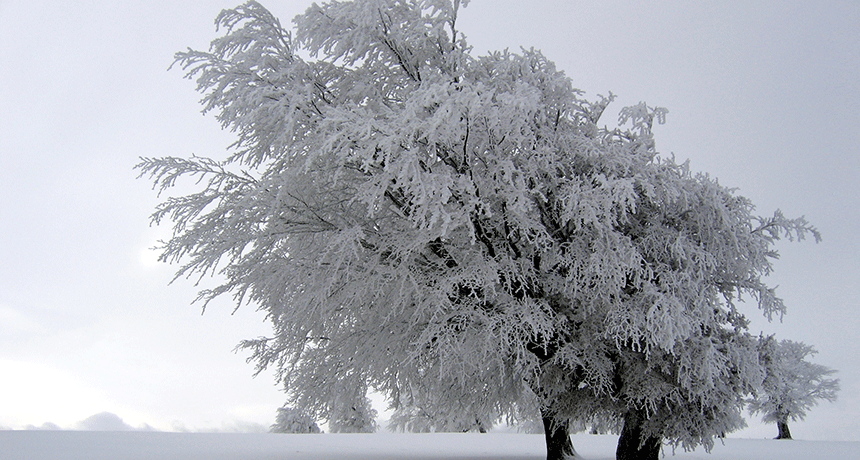 Climate
ClimateScientists Say: Rime ice
Rime ice is ice that forms when water freezes in a snap onto a surface.
-
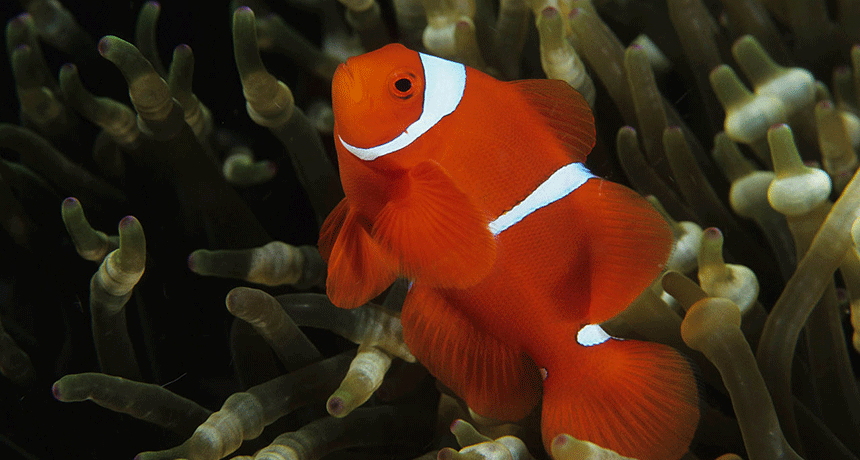 Animals
AnimalsScientists Say: Symbiosis
Two species can live together and support each other in a relationship called symbiosis.
-
 Math
MathScientists Say: Statistical significance
Statistical significance is a phrase that describes how often a scientific difference might occur by accident.
-
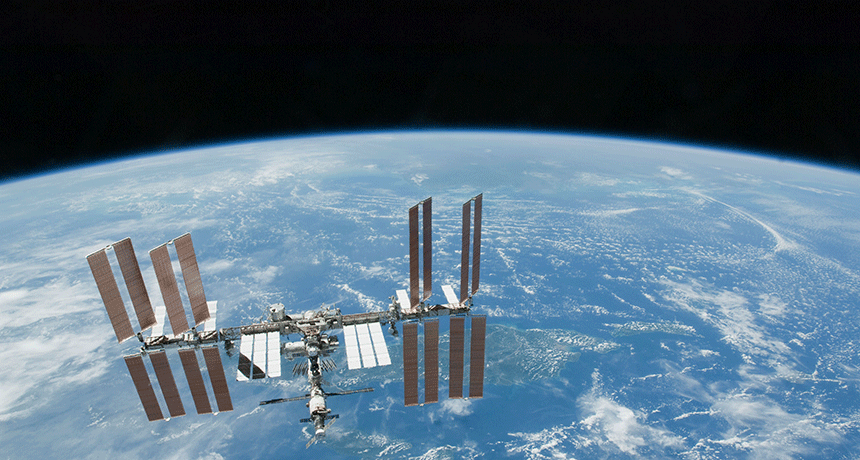 Space
SpaceScientists Say: Orbit
An orbit is the path one object in space takes around another, such as a planet, star or the center of an atom.
-
 Life
LifeScientists Say: Nectar
Nectar is a fluid filled with sugar that plants — especially flowers — produce. They use it to attract animals that will then spread their pollen to another plant.
-
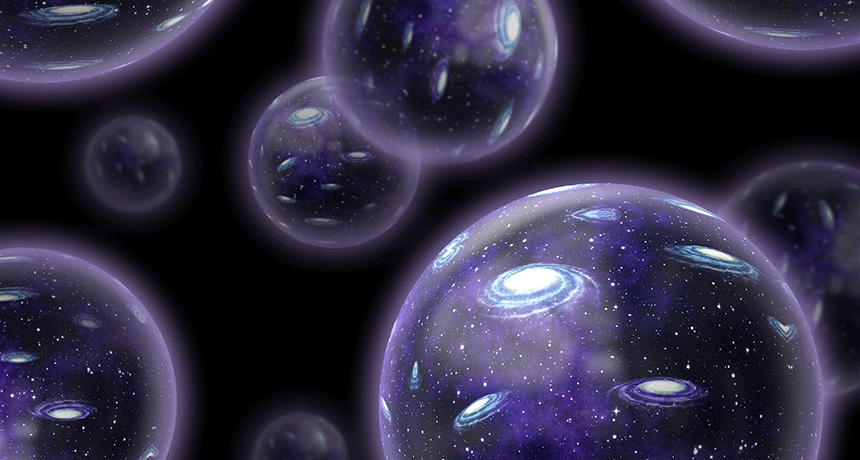 Physics
PhysicsScientists Say: Multiverse
The multiverse is an idea that there are many universes out there, including the one we live in. Each universe has an alternate reality.
-
 Health & Medicine
Health & MedicineScientists Say: Quarantine
This is a restriction on where people or animals who are sick — or suspected of being sick — can go. Doctors use quarantine to try to prevent a disease from spreading.
-
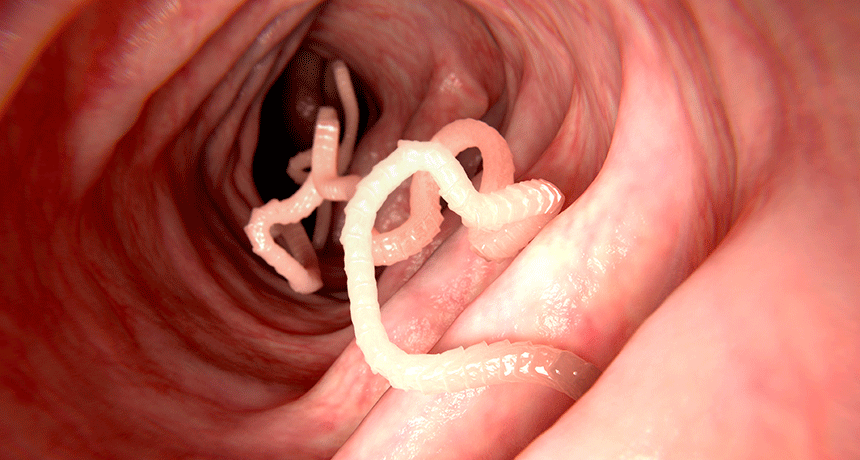 Health & Medicine
Health & MedicineScientists Say: Parasite
Lots of organisms live in pairs, benefitting from each other. But when one organism benefits while the other suffers? That first organism is a parasite.
-
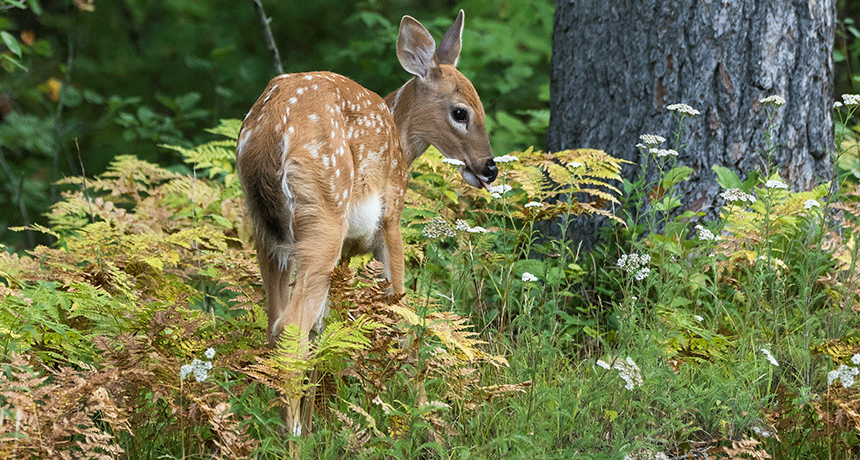 Ecosystems
EcosystemsScientists Say: Understory
A forest isn’t made just out of the tallest trees. Shorter trees and shrubs thrive in their shade. This layer is called the understory.
-

Scientists Say: Data
Data are a group of facts that are collected together for analysis.